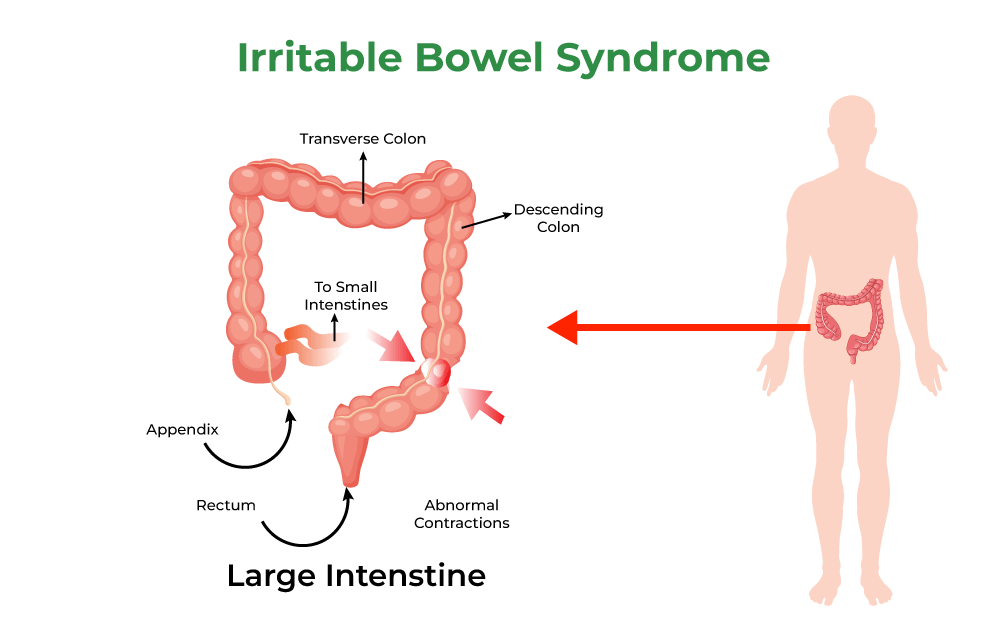- Empty cart.
- Continue Shopping
How to Cope with Irritable Bowel Syndrome

Irritable Bowel Syndrome (IBS) is a common gastrointestinal disorder that affects millions of people worldwide. Characterized by symptoms like abdominal pain, bloating, and irregular bowel habits, IBS can be a challenging condition to manage. While there’s no one-size-fits-all cure, various coping strategies can help you manage the symptoms and improve your quality of life.
Understand Your Triggers
One of the first steps in managing IBS is identifying your triggers. Common triggers include certain foods, stress, and hormonal changes. Keeping a food and symptom diary can help you pinpoint specific triggers, allowing you to make informed choices about your diet and lifestyle.
Dietary Adjustments
Low FODMAP Diet
A Low FODMAP (Fermentable Oligosaccharides, Disaccharides, Monosaccharides, and Polyols) diet has been shown to alleviate IBS symptoms for some people. This diet involves eliminating certain carbohydrates that are difficult to digest and can cause gas and bloating.
Fiber Intake
Soluble fiber found in foods like oats and psyllium can help regulate bowel movements. However, insoluble fiber in foods like whole grains can exacerbate symptoms for some people. It’s essential to find the right balance for your body.
Hydration
Staying hydrated is crucial, especially if diarrhea is one of your symptoms. Drinking enough water can help regulate bowel movements and reduce bloating.
Stress Management
Stress is a common trigger for IBS symptoms. Techniques like deep breathing, meditation, and mindfulness can help manage stress levels. Exercise is another effective stress reducer and can also improve gastrointestinal symptoms.
Medication and Supplements
Antispasmodic Drugs
These medications can help control muscle spasms in the gut, reducing abdominal pain.
Probiotics
Probiotics can help balance gut flora, potentially improving IBS symptoms. However, it’s essential to consult a healthcare provider for the right strain and dosage.
Laxatives and Anti-Diarrheal Medication
These can be useful for managing symptoms but should be used under medical supervision.
Regular Exercise
Physical activity can improve gut transit time, reducing constipation and bloating. Even light exercise like walking can make a difference.
Consult a Healthcare Provider
It’s crucial to consult a healthcare provider for an accurate diagnosis and personalized treatment plan. This may include tests to rule out other conditions, dietary recommendations, and prescription medications.
Psychological Support
IBS can take a toll on your emotional well-being. Support from a psychologist or counselor can provide coping strategies and emotional relief. Some people also find support groups helpful for sharing experiences and tips.
in conclusion, coping with IBS involves a multi-faceted approach that includes dietary changes, stress management, medication, and psychological support. While it may take time to find the strategies that work best for you, the key is to be proactive and consult healthcare providers for a tailored treatment plan.
By adopting a comprehensive approach to managing IBS, you can navigate the challenges of this condition and improve your overall quality of life. Remember, you’re not alone, and help is available to make your journey with IBS more manageable.








